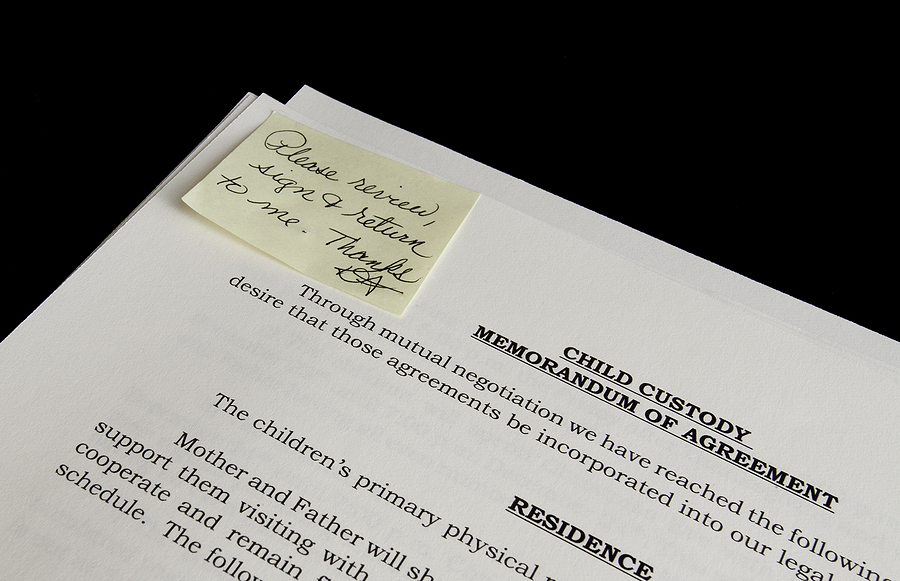One of the most legally tangled and emotionally charged aspects of international family law is international child support enforcement. When one parent lives in a different country from the child and custodial parent, enforcing or modifying child support payments can become a cross-border challenge.
Understanding International Child Support Enforcement
International child support enforcement refers to the legal mechanisms used to establish, enforce, or modify child support orders when parents live in different countries. The goal is to ensure the financial well-being of children and hold non-custodial parents accountable, despite geographical boundaries.
The cross-border child support process often involves establishing paternity, obtaining a child support order, and registering or recognizing the order abroad. It may also involve enforcing payments across jurisdictions and taking other steps to coordinate with international agreements and treaties.
The Hague Convention
The most significant treaty for international child support enforcement is the Hague Convention on the International Recovery of Child Support and Other Forms of Family Maintenance (2007). The US joined this Convention in 2017 with over 40 signatories, including Canada, the US, and the EU member states Australia and Brazil.
The Convention’s goals include establishing efficient procedures for recognizing and enforcing child support orders and ensuring consistency across country lines, allowing parties to request enforcement without physically traveling to the foreign country.
Under the Convention, each participating country has a designated Central Authority that facilitates claims — the Office of Child Support Enforcement (OCSE) in the United States.
What If the Other Country Isn’t Hague Statutory?
Not all countries are part of the Hague Convention, so bilateral agreements or reciprocity arrangements are often central. The US has agreements with several countries outside the Hague framework, including provinces in Canada and countries such as Israel and Switzerland.
Enforcement depends heavily on the country’s domestic laws and willingness to cooperate. A private attorney with international family law experience may be necessary to navigate the system and domesticate a child support order. Contact Richards Family Law for more information.
How Cross-Border Child Support Works
Under the Hague Convention, international child support enforcement typically works through 4 steps:
- Application
- Transmission
- Recognition
- Collection
Step one involves the custodial parent applying to their country’s Central Authority. They must include documents such as child support orders, proof of paternity, income documentation, and arrears calculations. The Central Authority will review the paperwork and send it to the foreign country’s Central Authority.
The foreign authority will recognize the order and begin local enforcement, which may include wage garnishments, property liens, and passport restrictions. Payments are collected from the non-custodial parent in the foreign country and sent to the custodial parent, with most payments routed through government channels to ensure tracking and accountability.
Barriers to International Child Support Enforcement
- Delays in application processing
- Language barriers
- Document translation issues
- Jusidictional disputes
- Calculation and modification challenges
- Compliance problems
Enforcement may also be limited in countries that don’t aggressively pursue child support or lack strong legal mechanisms to do so. Schedule a consultation with Richards Family Law to discuss your case.
Get Help with Cross-Border Child Support
Cross-border child support can feel overwhelming, but it’s not a lost cause. There are clear pathways to securing support, even if the noncustodial parent is halfway around the world.
Reach out to Richards Family Law to consult a qualified family law attorney who understands international child support enforcement strategies. Your child’s future may depend on it.






